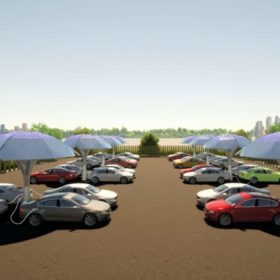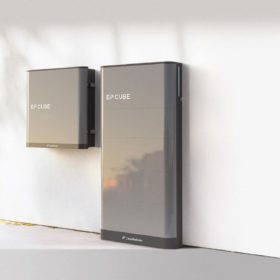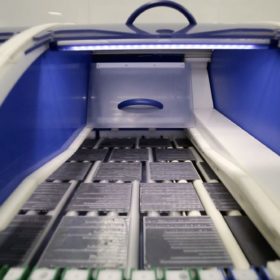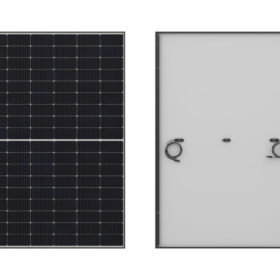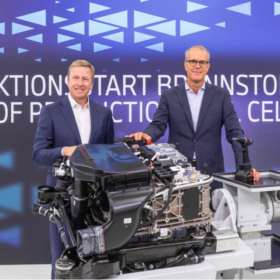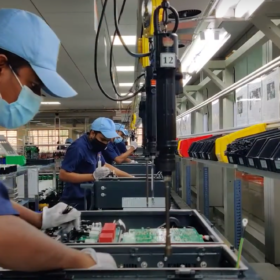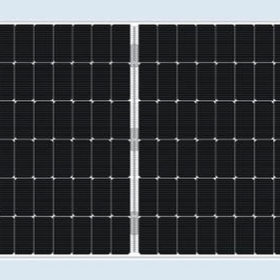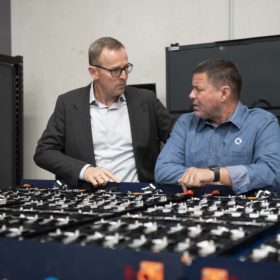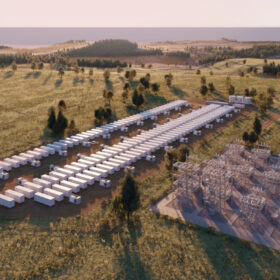FTC Solar unveils new self-powered tracking system
United States-based engineering firm FTC Solar has unveiled a new self-powered solar tracking system which it says requires up to 36% fewer foundations than existing technologies and enables an estimated 5% greater energy output for a given parcel of land.
UK startup unveils solar trees for commercial, industrial areas
United Kingdom-based SolarBotanic Trees will begin offering its solar trees in early 2023. The systems will use monocrystalline cells with an efficiency of up to 24%, encapsulated in a 3D shape.
Canadian Solar to unveil all-in-one residential battery and inverter
Chinese-Canadian PV heavyweight Canadian Solar is set to unveil a new residential energy storage unit that is compatible with new and existing solar arrays and is customisable from 9.9 kWh to 19.9 kWh capacities.
Amp Energy to manufacture solar cells, modules
The developer of a planned 1.3 GW renewable energy hub in South Australia has agreed to partner with India-based PV solar cell and module manufacturer Websol Energy to produce up to 1.2 GW of cells and modules to help it to better control the supply chain of critical components.
Sharp unveils black-framed 410 W half-cut solar panels
Sharp’s newest PV modules feature white backsheets and are made for the needs of design-oriented customers.
BMW starts in-house production of fuel cells for iX5 Hydrogen
BMW Group said it is targeting the premium segment with its iX5 Hydrogen car, Topsoe revealed that it will invest US$267 million (AU$392m) to build the world’s largest SOEC electrolyzer plant in Denmark, and Bosch announced plans to invest US$200 million (AU$292m) in US fuel cell production.
Enphase partners with Home Connect to manage home appliances from single app
Integrated clean home energy and smart appliances platform lets users run appliances on battery-stored solar energy in pre-determined time frames.
Sungrow mulling another new inverter factory outside of China
Sungrow told pv magazine at the recent Intersolar South America event in Sao Paulo that its cumulative delivered capacity in Latin America now stands at 9 GW, with 6 GW of the total delivered to Brazil alone.
Yingli unveils n-type TOPCon solar panel with 22.0% efficiency
Yingli’s 156-cell Panda 3.0 PRO module has a temperature coefficient of -0.30% per degree Celsius and is available in wattages ranging from 590 W to 615 W, with a bifaciality of more than 90%.
Energy Renaissance moves ahead with battery giga-factory
Australia’s first lithium-ion battery giga-factory is expected to begin operations soon with battery manufacturer Energy Renaissance announcing the successful completion of a $1.47 million pilot program designed to develop and test its manufacturing processes, systems and plant design.
